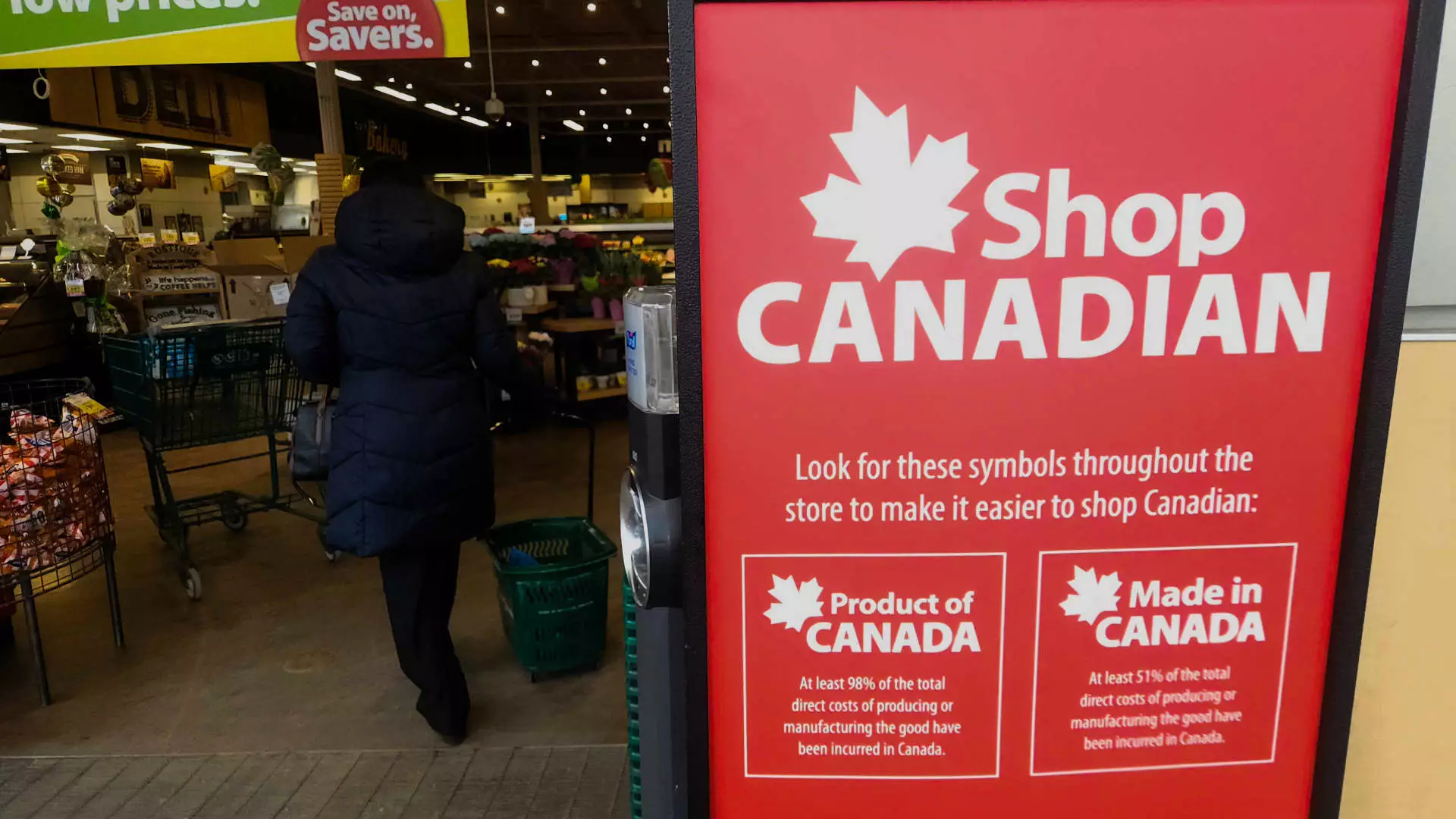In a world where shared economic interests once knitted together the U.S. and Canada, an unsettling wave of tariffs initiated by President Donald Trump has the potential to dismantle decades of trust and good faith between these neighboring nations. Actions such as the 10% levy on Canadian energy and a staggering 25% tariff on automobile imports have turned the landscape of trade into a battlefield defined by suspicion and distrust. This shift in economic policy is more than a mere adjustment to trade agreements; it represents a fundamental change in how two intertwined economies interact, with small businesses—often the backbone of the economy—caught in the crossfire.
Trust in Pieces: The Canadian Response
The trade relationship between the U.S. and Canada has historically been characterized by mutual benefits. In 2024, trade between the two nations reached an impressive $762.1 billion, with Canada exportating three-quarters of their goods to the U.S. This dependence highlights how intertwined the economies really are. Yet, as tariffs take effect, Canadian businesses feel betrayed, asserting that they have become collateral damage in a much larger political game. What might have been accounted as routine business has deteriorated into a precarious environment where entrepreneurs not only have to worry about increased costs but also face the daunting task of renegotiating contracts amidst escalating hostile economic measures.
Take Balzac’s Coffee Roasters, for example, which cleverly rebranded their Americano coffee to “Canadiano,” as an act of defiance against failing relations. This minor branding change carries significant weight; it’s a manifestation of angry sentiment simmering beneath the surface and indicates a community willing to rally behind nationalism to protect its interests.
The Emotional and Economic Costs
The emotional toll of these tariffs cannot be understated. Corinne Pohlmann, executive vice president of the Canadian Federation of Independent Business, aptly pointed out that the sentiments of betrayal run deep among Canadians. The psychological impact of these economic decisions has led to rapidly eroded relationships, as many small business owners voiced uncertainty about the future of their formerly fruitful partnerships. The CFIB survey showed that over half of the Canadian businesses surveyed now classify the U.S. as an unreliable trading partner. This psychological fracture is dangerous; it breeds a climate where distrust hampers future negotiations and fosters a divide that could persist long after the tariffs are lifted.
The Liquor Control Board of Ontario provides another noteworthy example of the Canadian response; it halted purchases of U.S. products, propagating a sense of nationalist pride and economic self-sufficiency. Shelves that once celebrated California wines are now adorned with signs calling for patriotic consumption “for the good of Ontario, for the good of Canada.” Such actions suggest that this trade war is not just about numbers on a ledger; it’s a cultural battle with deeply rooted emotional implications.
A Threat to Soft Power
The repercussions of Tariff policies extend beyond immediate economic ramifications and have the potential to weaken America’s soft power. The trust that the U.S. has built with its neighbors over the years is now at risk, imperiling diplomatic relations that go beyond mere transactional exchanges. Former Secretary of State Antony Blinken voiced a critical concern when he highlighted the looming threat that American soft power might suffer due to these tariffs, indicating that the long-term costs of damaging these relationships could be much higher than any short-term economic gains.
While the future of tariffs remains uncertain, the scars they have left on international relationships, particularly with Canada, can take years to heal. Even if the U.S. were to backtrack, Canadian businesses might be cautious in rebuilding trust, aware that any contract signed today could be jeopardized tomorrow. Lost contracts and dissolved partnerships create an atmosphere of hesitance, which is incredibly detrimental to both economies, as they increasingly lean into isolationist tendencies.
Looking Ahead: A Fractured Landscape
As we look ahead, it’s crucial to acknowledge that even a resolution to current tariff disputes will not invariably restore the once-stalwart U.S.-Canada trading relationship. The tangible impacts of tariffs are already reshaping market dynamics, and the emotional fallout harbors repercussions that may haunt future interactions. Business owners and consumers alike have genuine reasons to exhibit resilience in the face of hostility—a sentiment that underscores the necessity for both nations to reconcile their shared economic fate.
In an environment layered with uncertainty, it’s essential for both governments to recognize the power of dialogue and cooperation over division. The distance that has grown between these nations is not just geographical but ideologically rooted in a distrust that requires collective efforts to bridge. The sad reality is that whether tariffs persist or dissipate, a part of this relationship may never return to normal—an alarming estimate we ought to reckon with as we navigate the ongoing fissures in international relations and trade.

